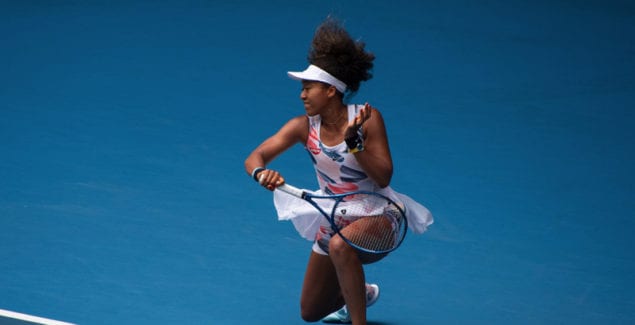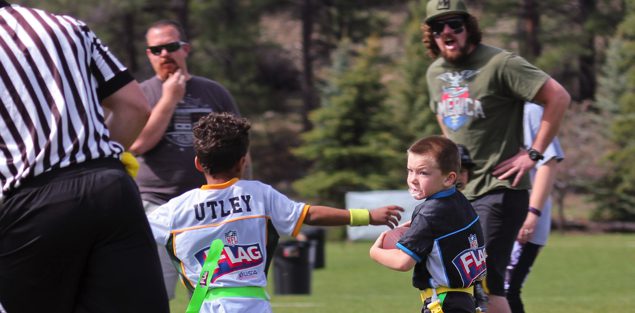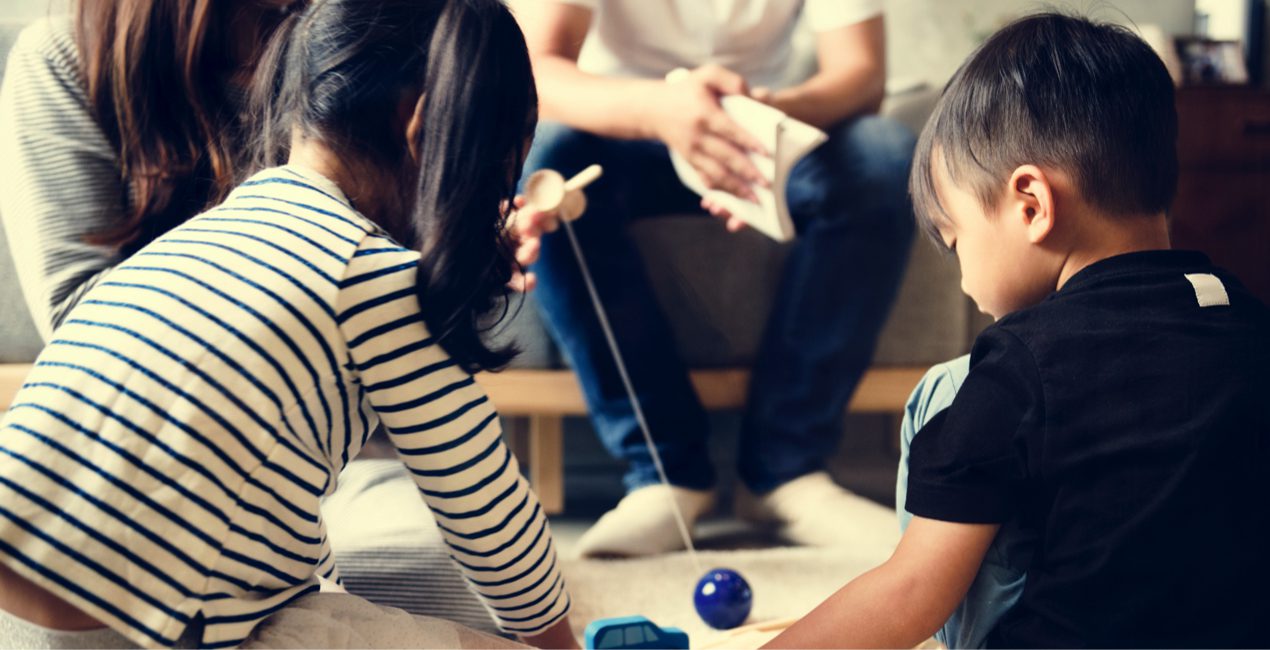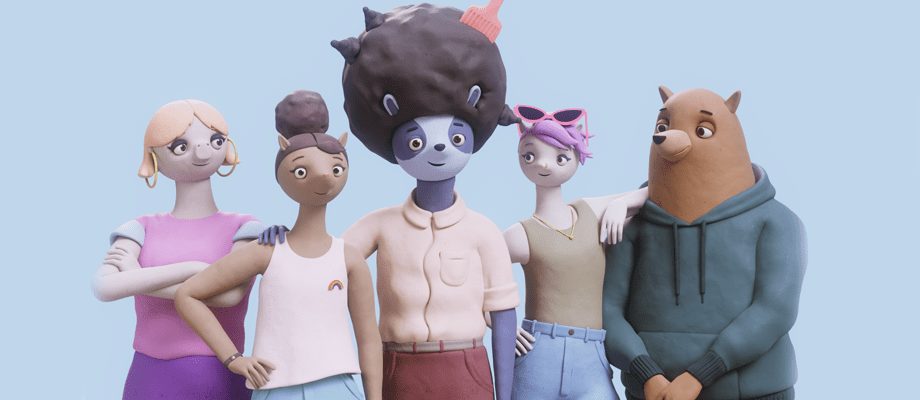Naomi Osaka – Shining Light On Athlete Mental Health

Posted in: Hot Topics
Topics: Hot Topics
This piece on Naomi Osaka is one in a series by Dr. Uchida on athlete mental health. Watch more with figure skater Mirai Nagasu, and read more on gymnast Simone Biles.
Naomi Osaka shocked the athletic world when she announced she was withdrawing from major competitions such as the French Open and Wimbledon, citing her disagreement with how athletes are expected to interact with the media. The burden posed on top athletes is exorbitant. They are always under pressure to not only perform well and win, but also to hold complex responsibilities of managing relationships with federations and sponsors as well as the press from a very young age. In addition, there has been a growing opposition toward the Tokyo Olympics due to the pandemic. As athletes are subject to an unprecedented situation, the mental well-being of those in the field of sports has never been more critical.
What are some of the unique mental health challenges that athletes face? What can we do to make a difference? Naomi Osaka has helped us all to consider this more seriously.
What Mental Health Issues Do Top Athletes Experience?
First of all, many athletes are quite young due to the required physique and endurance. Osaka is only 23 years old. Human brains do not complete their development until the late 20s. Developmentally, her young brain is still developing, but she has very adult pressures she is held accountable to on many different levels.
For example, Osaka has many sponsors, and she is also responsible for carrying the brand’s signboards. She has received financial and non-financial support from the Federation, and thus has to consider their intentions. Trainers, coaches, and many others are placing their reputation on and profiting from Osaka’s results. While many people give genuine advice to support players, there are also those who intervene to profit their own business and interests, and not the athlete’s happiness, health, or success.
While so many adults are involved in Osaka’s career, at the end of the day, she is the only person responsible for achieving results, and no one can help her on the tennis court. Only she can compete, relying on her own judgment, athletic skills, physical strength, and instantaneous power.
The Limited Perspective of a Young Athlete
Athletes are often required to decide to dedicate their early career to the sport at a reasonably young age. I do believe they enjoy it, and they continue to deepen their passion for their sport, but many people commit themselves until retirement without ever looking outside the field.
When there is exposure to only one field and sport, it’s difficult for individuals to expand their perspectives in regards to goals and values. Such unhealthy ways of thinking include “If I don’t win a Grand Slam, I will never be happy,” or “I would be a failure if I can’t make it to the Olympics because that’s my ultimate goal in life.” When there is only one way to become happy, failure can feel much more catastrophic than it has to feel.
While it may be difficult due to constraints, creating opportunities to be involved in fields outside of the sport would help athletes gain perspective on how they can learn to be happy outside the competition. As a result, athletes may be able to handle adversity better.
Being a Female, Black-Asian Athlete
It is true that female athletes receive disproportionately more comments about their appearances compared to their male counterparts. Female athletes are often both praised and criticized for their clothing and hairstyles, including commentary on whether they are “beautiful” or not. The standards of beauty are often defined through a traditional Western lens, which subjects non-Caucasian women to unfair and undeserved judgment.
Tennis continues to be fundamentally a Caucasian sport. Regardless of how amazing Serena and Venus Williams are as athletes, the underpinning structure of this system have not changed. The leadership of the Federation and hosts of the major competitions are primarily Caucasian, and it continues to be an uphill battle for non-White racial minorities to join such an environment.
In addition, Naomi is both Asian and Black. While a biracial person may receive support from multiple countries of their ethnic origin, they will also be subject to comments such as “Well, this person isn’t Japanese enough.”
For many athletes, questioning their self-worth is common, but for an athlete who is a biracial woman of color, there are even more hurdles to maintaining a healthy self-esteem.
“Bouts of Depression”
There has been criticism in the media that for Osaka, “now anything is excused because she has depression,” or concern that more generally, mental health could become an excuse in sports.
I did not get the impression that her social media post was a confession of a diagnosis of major depressive disorder. Her post stated she had been experiencing “bouts of depression” after the 2018 U.S. Open, which was the competition where Osaka received the championship trophy in tears amid a flurry of booing from the spectators. Osaka had won against Serena Williams, who had lost the game partially due to making an emotional objection to the referee. While the booing was for the refereeing and not directed towards Naomi, she had spoken about how she felt that the crowd was not happy about her win.
“Bouts of depression” is a non-technical term that is used to describe symptoms such as prolonged feelings of unhappiness and loss of self-esteem. I can easily imagine feeling “bouts of depression” after being booed by a whole stadium full of people.
My best guess is that Osaka tried to negotiate with the competition organizers to help protect her own and others’ well-being by suggesting that the press approached the athletes differently.
Outside of this situation, if someone declares, “anything is acceptable if a person is depressed,” I would like to clarify that I do not support that. There are situations in which ill-meaning individuals inappropriately use psychiatric diagnoses to gain an advantage. Mutual respect and common courtesy are essential in relationships, regardless of diagnosing a mental illness.
A Media Opportunity To Discuss Athlete Mental Health
What can the media do differently? I believe that there are ways for the media to ask difficult questions while still being supportive and allow athletes to keep their confidence. Recently, I had the opportunity to interview figure skater Mirai Nagasu. I asked many complex questions in my interview, and she opened up about challenging topics. I consciously chose my words so that her story would be delivered in a way that she could be proud of and would be educational for the public.
In Osaka’s case, the tournament could have engaged in the negotiation by organizing press conferences only at the end of the tournament with questions that were confirmed in advance. They could have provided Osaka a platform to discuss mental health – like how last year’s U.S. Open provided a platform for Osaka to advocate that Black Lives Matter. It is a shame that, instead, they penalized her.
I hope that the media could use this opportunity to continue to discuss this important issue of athlete mental health. By working together, there is much we can do to support both the field of sports and athlete mental health.
***
To help shine more light on this important issue, in collaboration with figure skater Mirai Nagasu and MGH Center for Cross-Cultural Student Emotional Wellness, Dr. Mai Uchida, director of MGH Child Depression Program, recently released a video series discussing this very issue of young athlete mental health. We asked Nagasu what we need to consider when discussing an athlete’s mental health. Watch the full video series here: Behind the Podium – A Mental Health Conversation With Mirai Nagasu:

 Share
Share Tweet
Tweet





